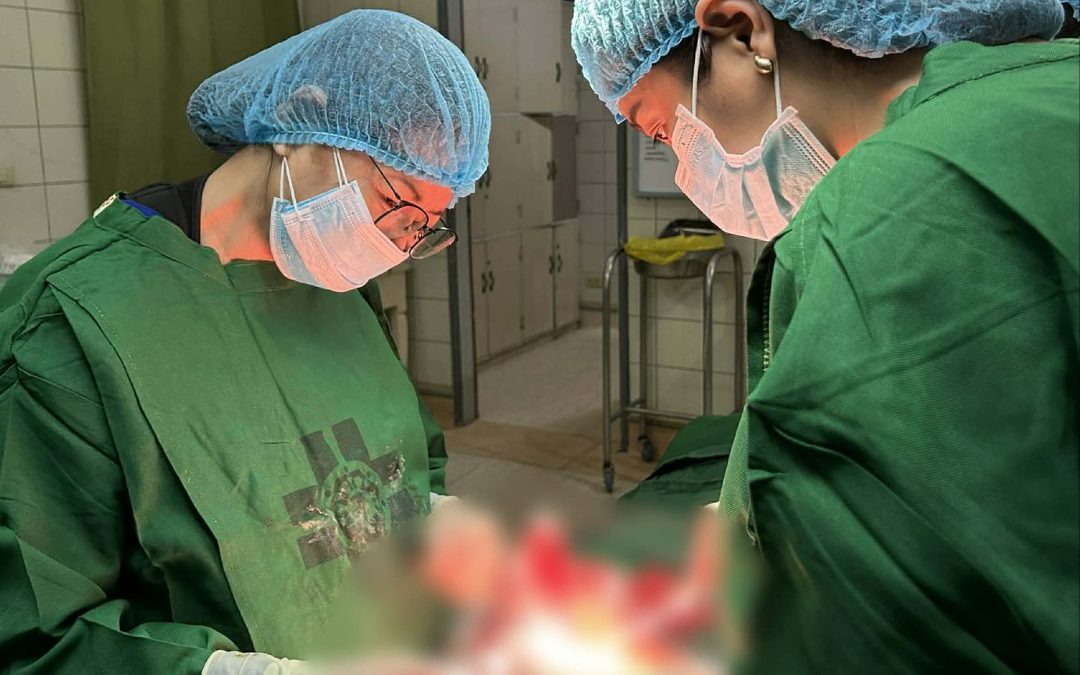Sleep apnea is a sleep disorder characterized by pauses in breathing or shallow breaths during sleep. These pauses can last from a few seconds to minutes and can occur multiple times per hour. There are two main types of sleep apnea:
- Obstructive Sleep Apnea (OSA): This is the more common form of sleep apnea, occurring when the throat muscles intermittently relax and block the airway during sleep.
- Central Sleep Apnea (CSA): This type occurs when your brain doesn’t send proper signals to the muscles that control breathing.
Causes:
- Obstructive Sleep Apnea (OSA): Obesity, narrowed airways, enlarged tonsils or adenoids, nasal congestion, and certain anatomical factors can contribute to obstructive sleep apnea.
- Central Sleep Apnea (CSA): Conditions affecting the brainstem, such as stroke, brain tumor, or certain neurological diseases, can cause central sleep apnea.
Symptoms:
- Loud snoring
- Episodes of breathing cessation during sleep, often witnessed by others
- Gasping or choking during sleep
- Waking up abruptly with shortness of breath
- Excessive daytime sleepiness
- Difficulty concentrating
- Morning headaches
- Irritability or mood changes
Prevention and Treatment:
- Lifestyle Changes: Weight loss, regular exercise, and avoiding alcohol and sedatives before bedtime can help reduce the severity of sleep apnea.
- Sleep Position: Sleeping on your side instead of your back can sometimes alleviate symptoms by preventing the collapse of your airway.
- Continuous Positive Airway Pressure (CPAP): This is the most common treatment for moderate to severe sleep apnea. CPAP involves wearing a mask that delivers a continuous stream of air to keep your airway open during sleep.
- Oral Appliances: Some people benefit from wearing oral appliances that reposition the jaw to keep the airway open.
- Surgery: In some cases, surgery may be recommended to remove excess tissue from the throat, reposition the jaw, or implant a device to help keep the airway open.
- Treatment of Underlying Conditions: If sleep apnea is caused by underlying medical conditions such as allergies or nasal congestion, treating these conditions may help alleviate symptoms.
If you suspect you have sleep apnea or are experiencing symptoms, it’s important to consult with a healthcare professional for proper diagnosis and treatment. Left untreated, sleep apnea can lead to serious complications such as high blood pressure, heart disease, stroke, and daytime fatigue that can affect your quality of life and safety.



